To help Aboriginal and Torres Strait Islander corporations understand what Data Sovereignty means and why it matters...
The significance of effective governance for IUIH

The Institute for Urban Indigenous Health (IUIH) was a Finalist in Category A of the 2014 Indigenous Governance Awards and Joint Winner in Category A in 2018. CEO, Adrian Carson, highlights the wider significance of governance, identifying that good governance is fundamental to ‘achieving healthy outcomes’. This video was filmed in 2014 at the Indigenous Governance Awards.
“Unless you can sort your governance, unless you’ve got a very clear vision for what it is you need to do, and that you’ve got the ability to generate your own income so that your independence is an economic one, they are fundamental things to community control. So, we say good governance is fundamental to achieving healthy outcomes. So, if people don’t believe in their institutions, it effects their ability to believe in themselves, their community.”
– Adrian Carson, CEO of IUIH


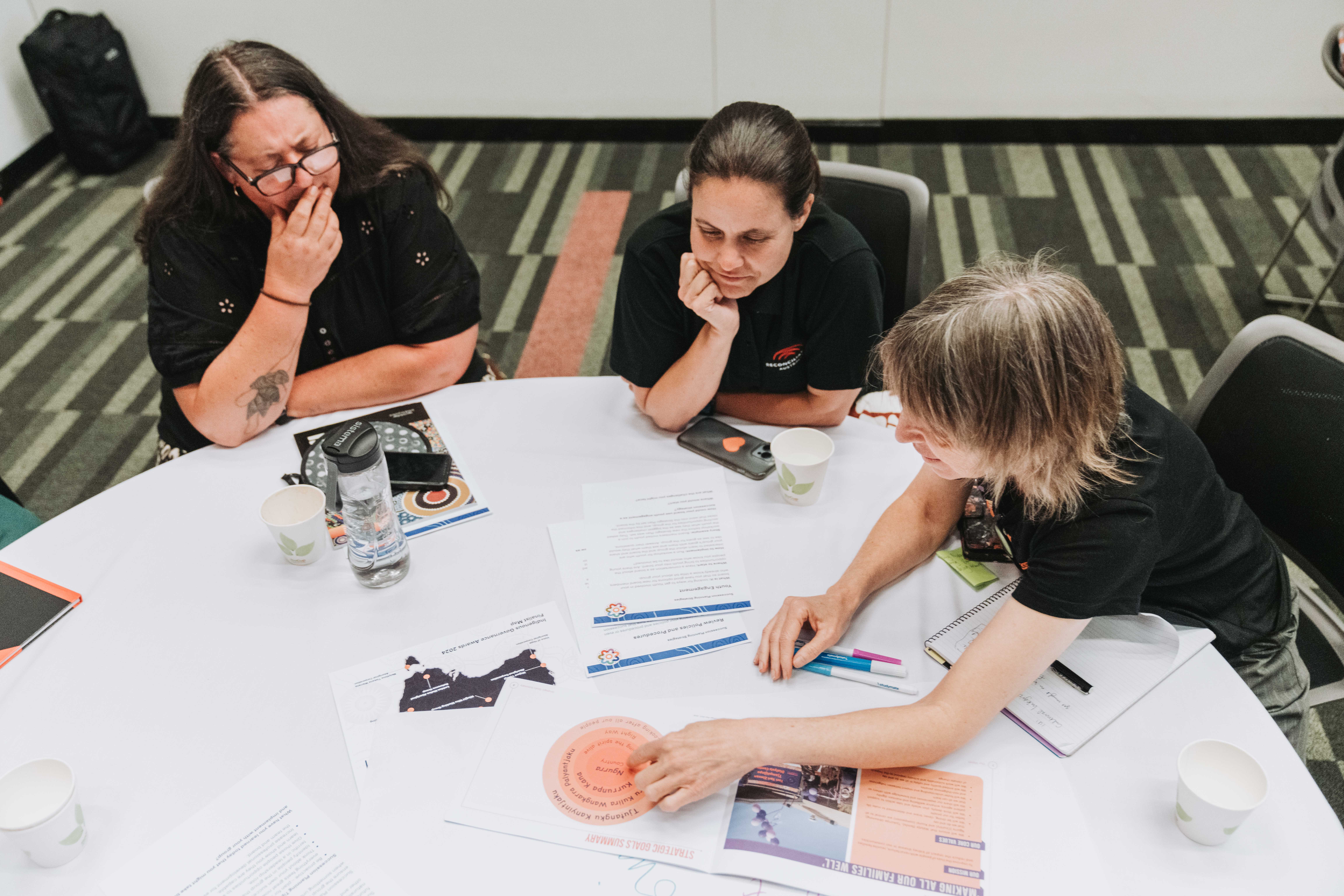
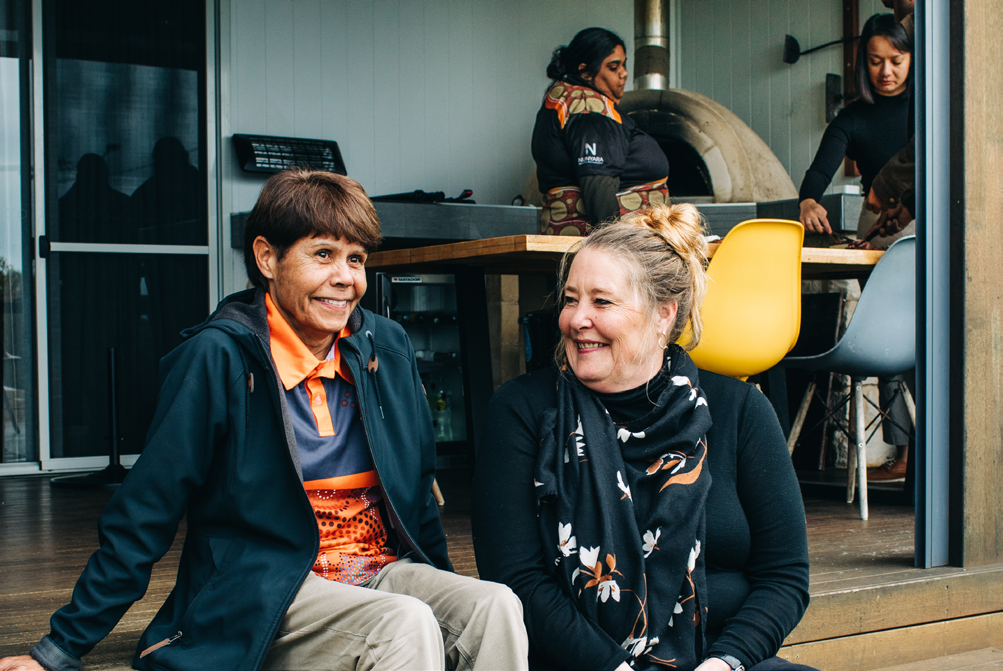

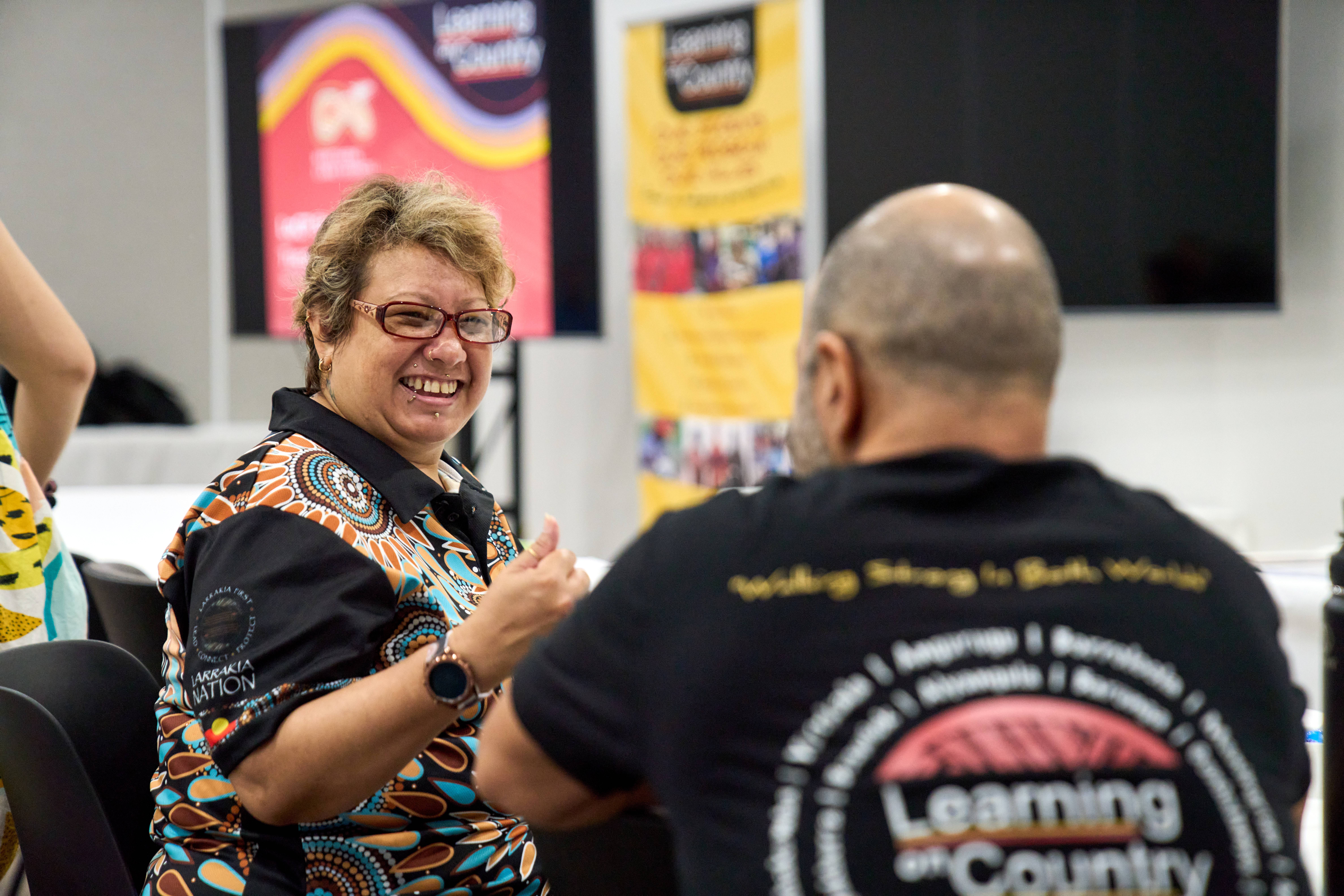
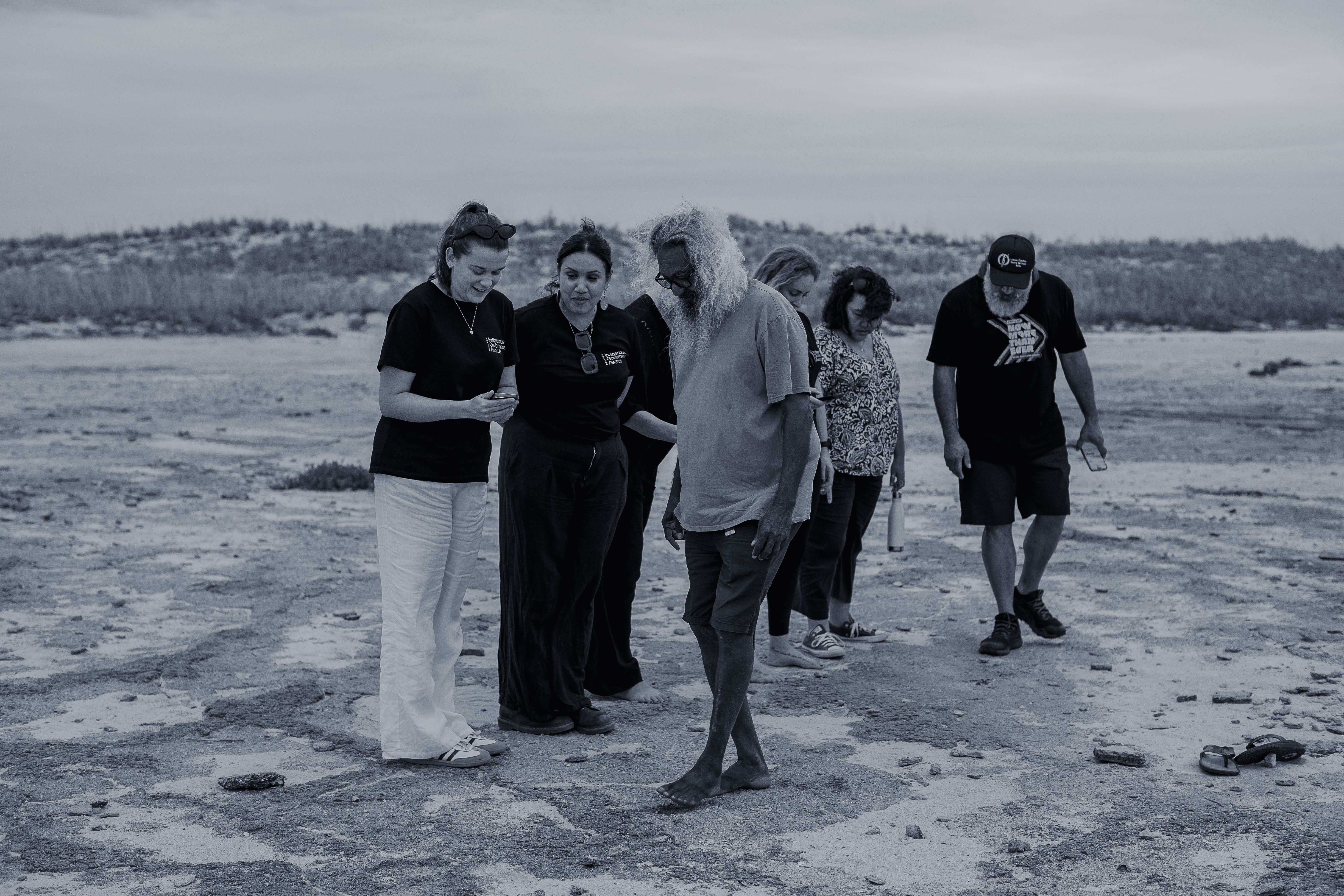

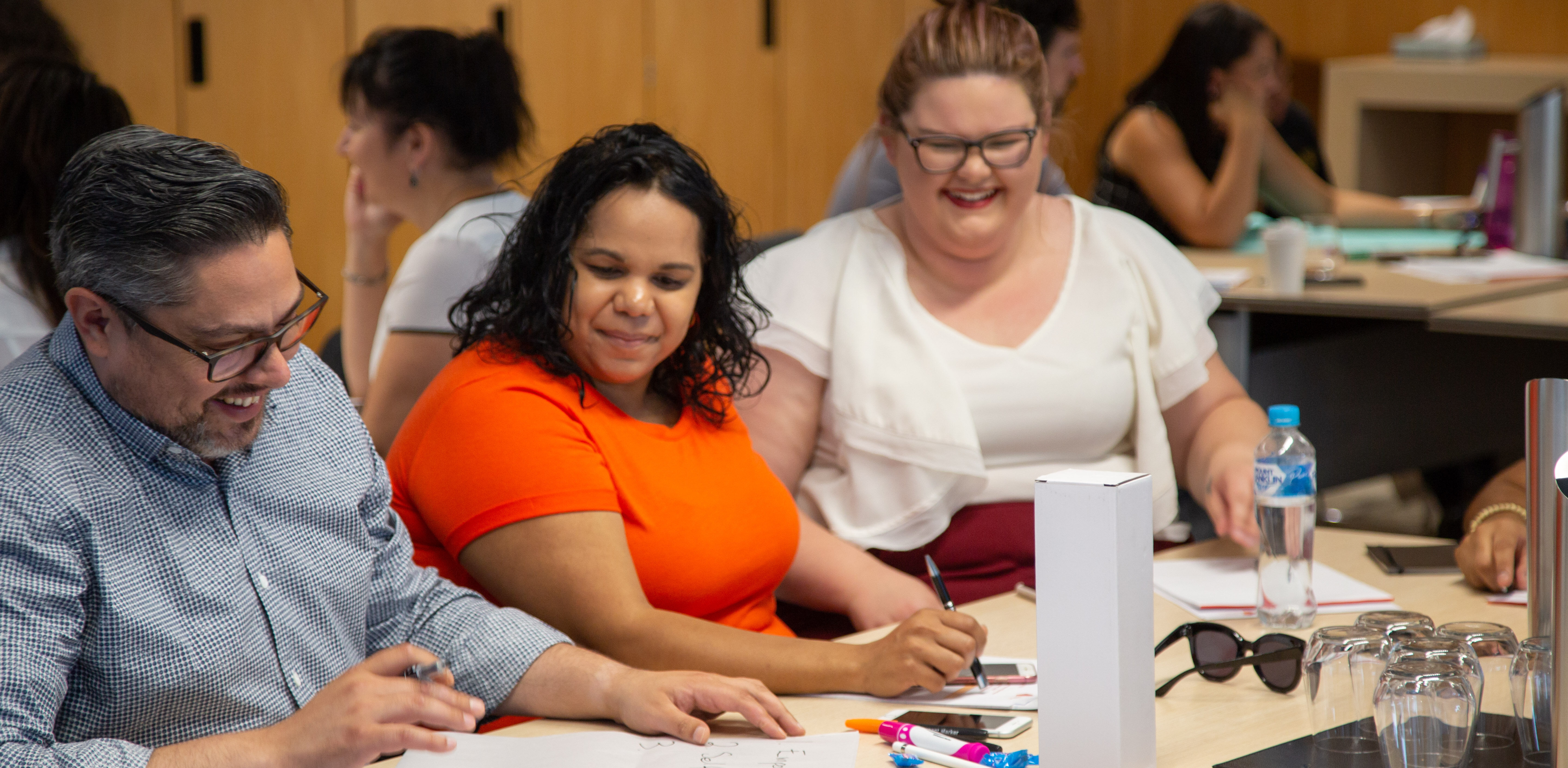
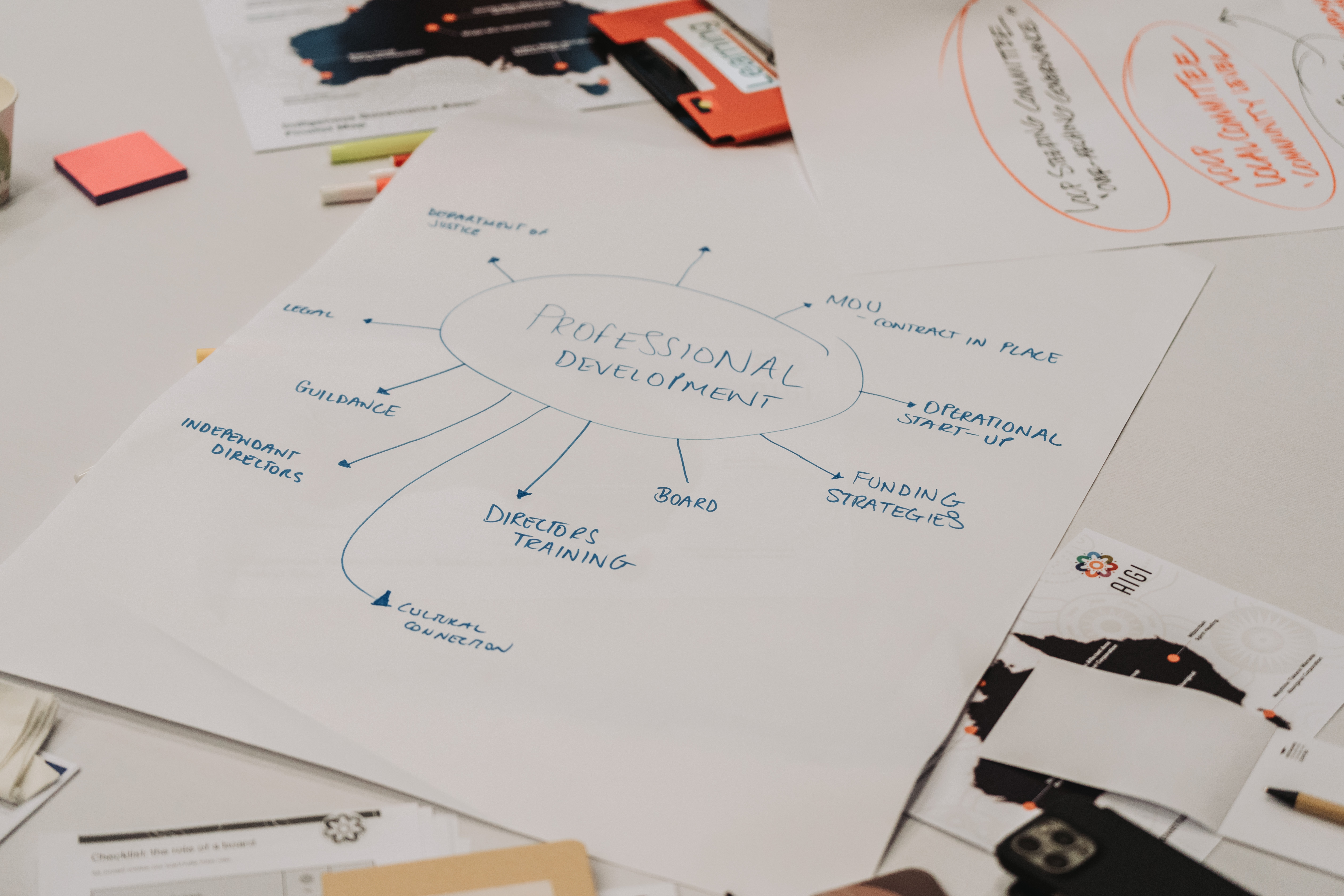


.png)

